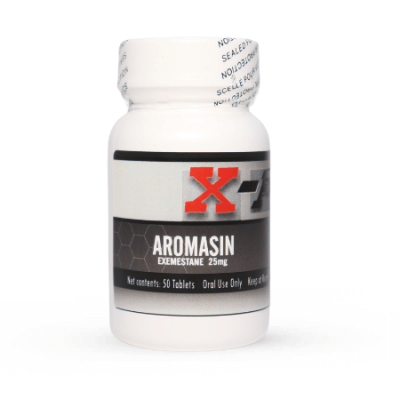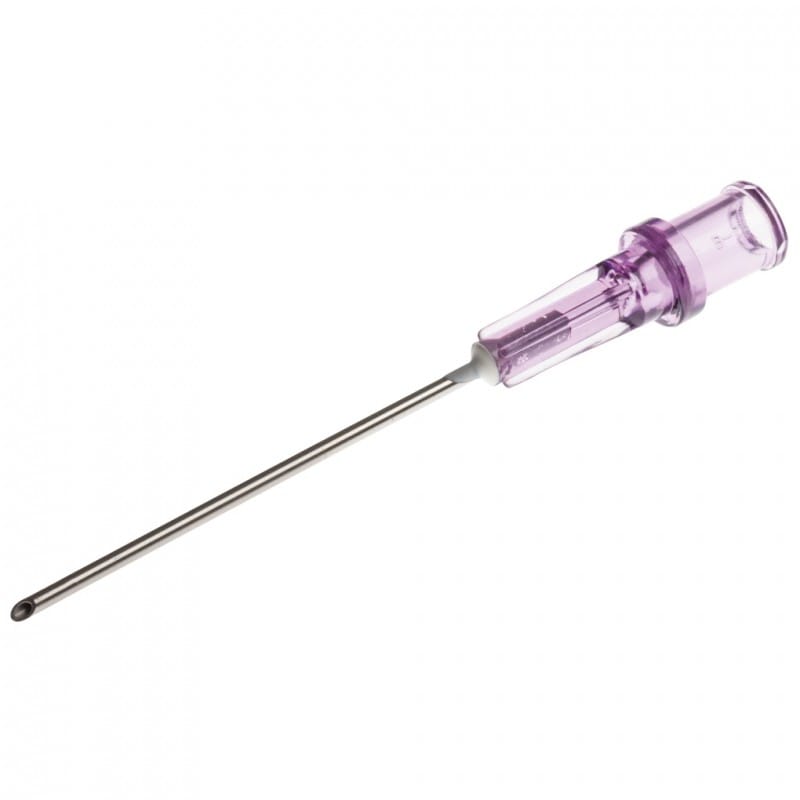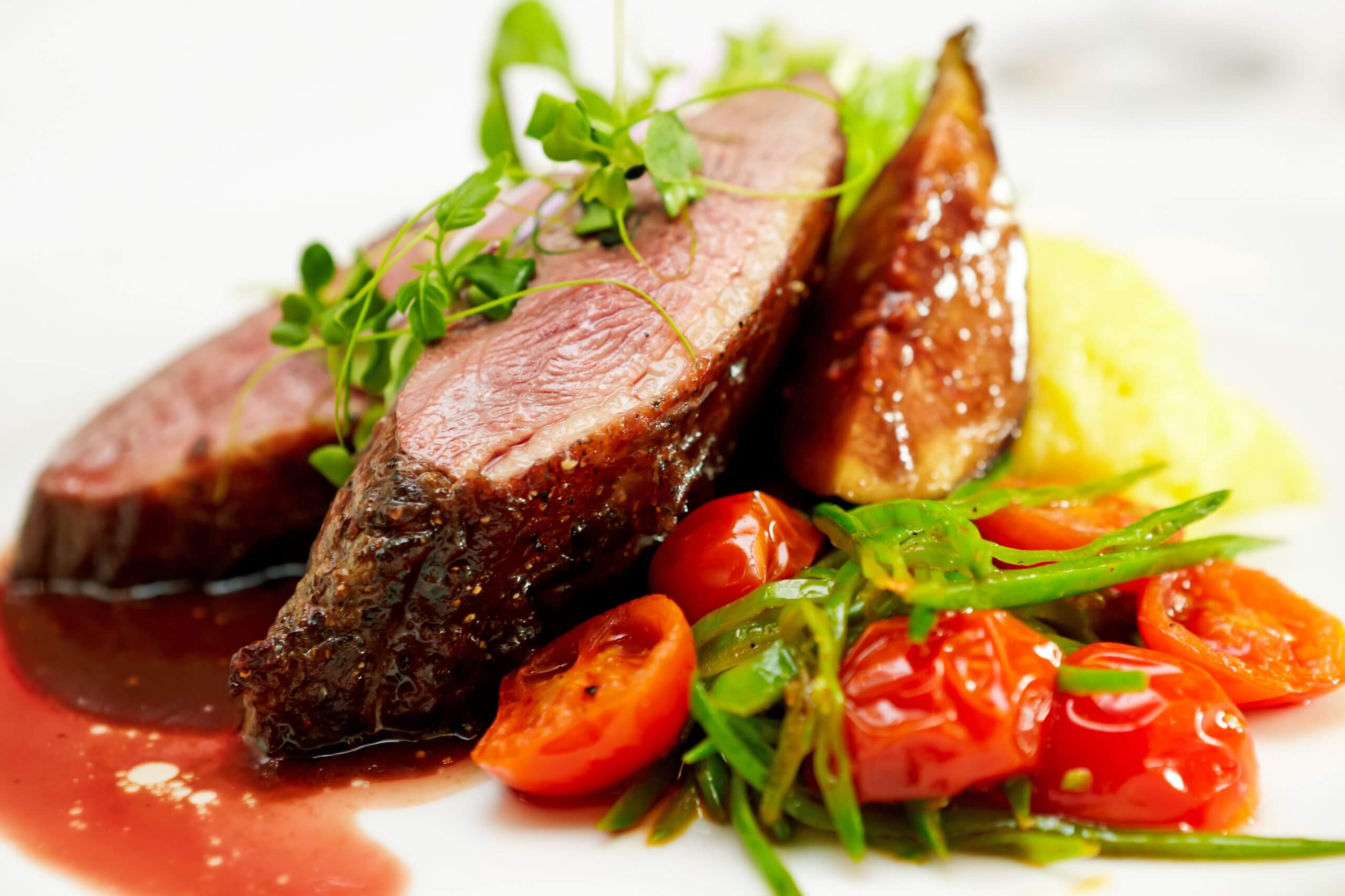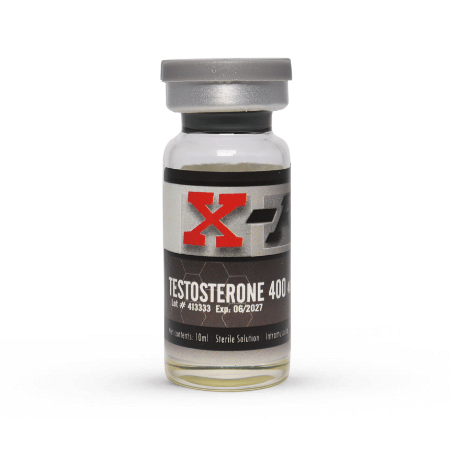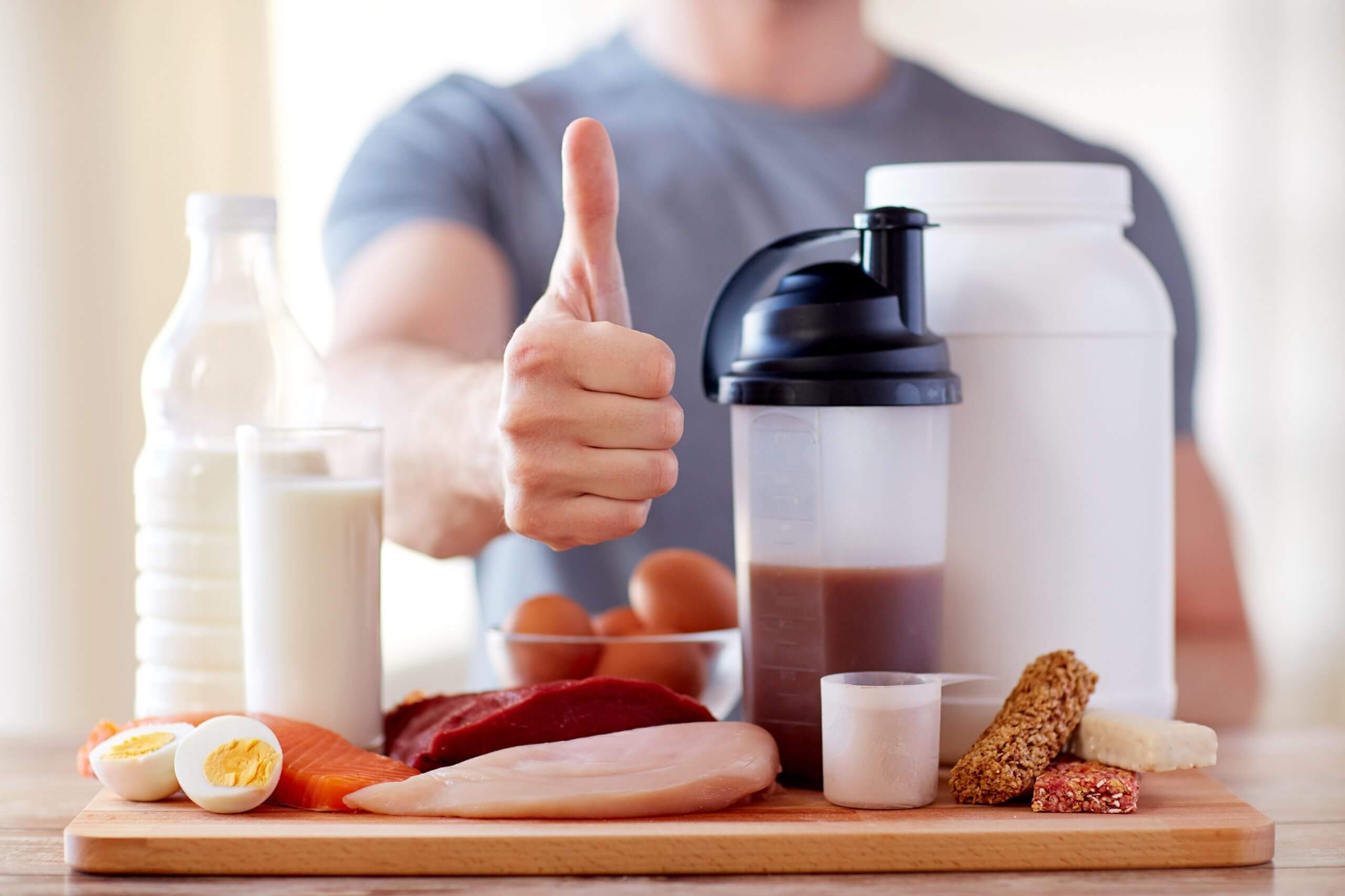There is not a perfect answer to the question of how much protein one should take per day. The amount of protein needed by an individual varies with their lean body mass and weight. While this may seem like voodoo magic, there is proof that it works. Not just anecdotal proof but solid fact study proof that proves that your body weight is directly correlated with the number of protein needed.
For example:
Your weight is 180 and you’re lean body mass is 150: Your body requires a minimum of 0.8 grams of protein per kilogram of lean body mass. This means that if you weigh 180 lbs, at 150 lbs lean muscle mass, you need to eat at least 60 grams of protein per day.
If you are just trying to maintain muscle mass while losing weight, then your protein intake should be about 25% of your daily calories or 1g/lb. If you are looking to gain muscle, then 30-40% is the way to go with 1.5-1.8g/lb for mass gains.
Remember that protein is made of amino acids, some are essential and some are non-essential. Essential amino acids cannot be synthesized by the body. Let’s look at what sources provide these amino:
Essential Proteins:
Tryptophan: Pumpkin seeds, Soy, Spirulina, Blue-green algae, Aspargus, Garbonzo beans
Phenylalanine: Almonds, Watercress, Yoghurt, Spinach, Kiwi fruit
Valine: Sunflower seeds, Sesame seeds, Pecans, Buckwheat groats, Pumpkin seed proteins
Leucine: Milk proteins, Cottage cheese, Beef, Liver, Eggs
Isoleucine: Soy flour, Buckwheat groats, Milk proteins
Non-Essential:
Methionine: Methionine is not considered essential because it can be synthesized in the body. Methionine is found mainly in high-protein foods, such as fish, meat, poultry, eggs, and dairy products.
Eating plenty of fruit will also provide the body with some Methionine. Foods rich in cysteine include garlic, onions, broccoli, Brussels sprouts, cabbage, cauliflower, kale. They are all sulfur-containing foods.
Cystine: Cystine is a combination of the amino acids cysteine and serine. In order to be used in the body, cystine must be converted into cysteine or serine by the liver. Foods high in cystine include whey, shrimp, crab, lobster, scallops, and lean beef.
Two other non-essential amino acids found in many proteins are tyrosine and glycine. Together with phenylalanine, these four amino acids are known as aromatic amino acids. Foods containing high levels of these aromatics include Brazil nuts, sesame seeds, pumpkin seeds, walnuts, chickpeas (garbanzo beans), and peanuts.
What’s the best way to Consume Protein?
There is a common myth that if you eat too much protein, it will go straight to your muscles and you’ll swell up like a balloon with excess water weight. This is pure nonsense, if you actually study what happens with the digestion of proteins, you will find that your body absorbs and utilizes a certain percentage of protein, and the rest is then processed as waste.
Bloating from excess water is only a sign that you have too much food being absorbed at one time, not enough fiber in your diet, or just bad general nutrition habits.
The best way to ensure complete absorption of protein is by consuming it slowly over the course of a few hours. Try to divide your total intake into 5 or 6 servings, instead of 3 large ones. That way you will spread out the absorption rate and also be able to metabolise more at one time, which means less excess weight gain.
Although many trainers advocate taking in excess protein (1g/lb), I still think that it’s best to eat 1.5-2x your body weight in lbs, total.
There are other cons to getting too much protein; The excess protein will get stored as fat because it has no use in the muscles, if you’re looking to gain muscle and lose fat at the same time, this makes it very difficult as excess protein will be stored as fat.
Why should i eat Protein before bed?
A study was done by a sports nutritionist that tested how much extra muscle growth and recovery you get from taking in an extra serving of protein just before bedtime after a hard workout. The results were that this apparently minuscule amount of extra protein increased muscle growth by over 200% more than if you took the same amount earlier in the day. This is because your body releases an increased amount of growth hormone when you sleep and eating extra protein at night allows your body to absorb all this extra GH during the night.
Now I know many of you will say that your body goes into a catabolic state when you sleep, and the only time to take in extra protein is directly after your workout.
I am not saying that this is false, it may be true, but based on my own personal experience with combining workouts and taking whey protein before bedtime I’m convinced that this is a great addition to any bodybuilding program.
Especially when you work out in the evening, your body will be in a catabolic state for hours after your workout and if you burn off all your protein already during the workout it will take quite some time for your body to build up its reserves again.
This is why cardio immediately after weight training is such a bad idea as this will simply take away from your protein reserves. By taking in extra protein just before bedtime, you avoid any catabolism that may occur during the night, and also give yourself enough protein to build up some new muscle right when you wake up.
What are some other good Protein Sources?
Protein comes in many forms, and of course, you can always take a supplement such as a protein shake or bar to get your extra amounts.
However, if you’re on a budget the best way to get all your extra protein from real food sources is by making it yourself with some whey powder.
Supplements tend to be much more expensive than real food, and can also be laden with sugars that leave you wanting to eat for the wrong reasons.
